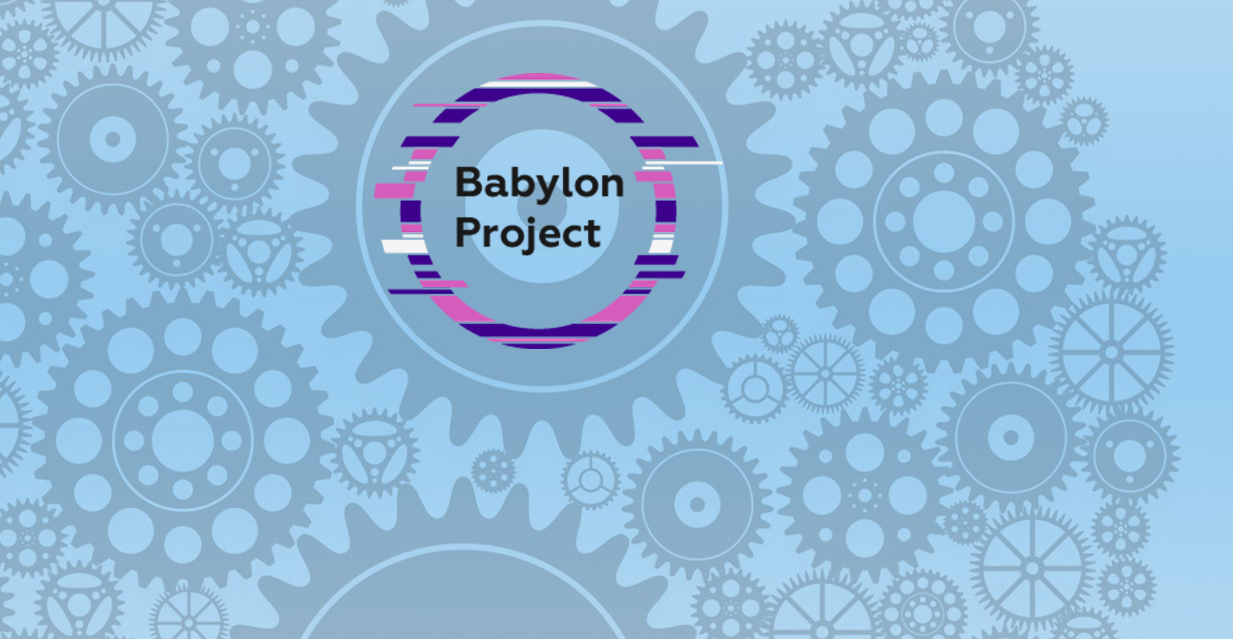
San Francisco, CA – Dec 17, 2020 – The Babylon Project has issued verifiable and immutable certificates of participation to all active attendees of its 2020 blockchain hackathon using a decentralized application built by the members of its developer community.
Participants can easily claim and verify their certificates in the Discord group by simply calling on the discordbot and instantly receive their certificates with hash pointers to the Waves blockchain.
Built by one of the top developers at the hackathon, Certificado is solving the problem of counterfeit certification using blockchain which no prior technology has really addressed. Since the pandemic, there has been increasing demand for blockchain protocols that digitalize, authenticate and verify documents.
Certification of documents by blockchain creates a validating, traceable and secure way of data storage and delivery. With many existing blockchains, there is a need for a cross-chain protocol that unifies blockchain certification across different chains.
By enabling businesses, individuals and enterprises to issue authentic certificates, Certificado wants to bring massive value to any industry which deals with a large number of documents like Education, Art, Events, Healthcare, Insurance, Real Estate, and Banking.
“It is very exciting to see members of our community deploying blockchain powered solutions that are usable,” says Gideon Nweze, the founder of The Babylon Project. “Technology becomes meaningful to people only when it is usable. Reducing friction in decentralized applications is very important in order to increase adoption and Certificado is doing a great job at this”.
The Babylon Project, a hackathon initiative committed to democratizing access to global innovation and fostering the inclusion of minority backgrounds in tech, kicked off on October 9th, 2020 with 1000 active participants on its virtual Discord server.
Along with the grand prize, corporate partners issued their own pre-determined challenges to hackers and awarded the best projects. 20 teams made it to the semifinals, from which 6 projects were chosen to participate in the final round. After a rigorous judging process, the top three teams – Kotani Pay, Skill Wallet and Blockdrop – emerged.
